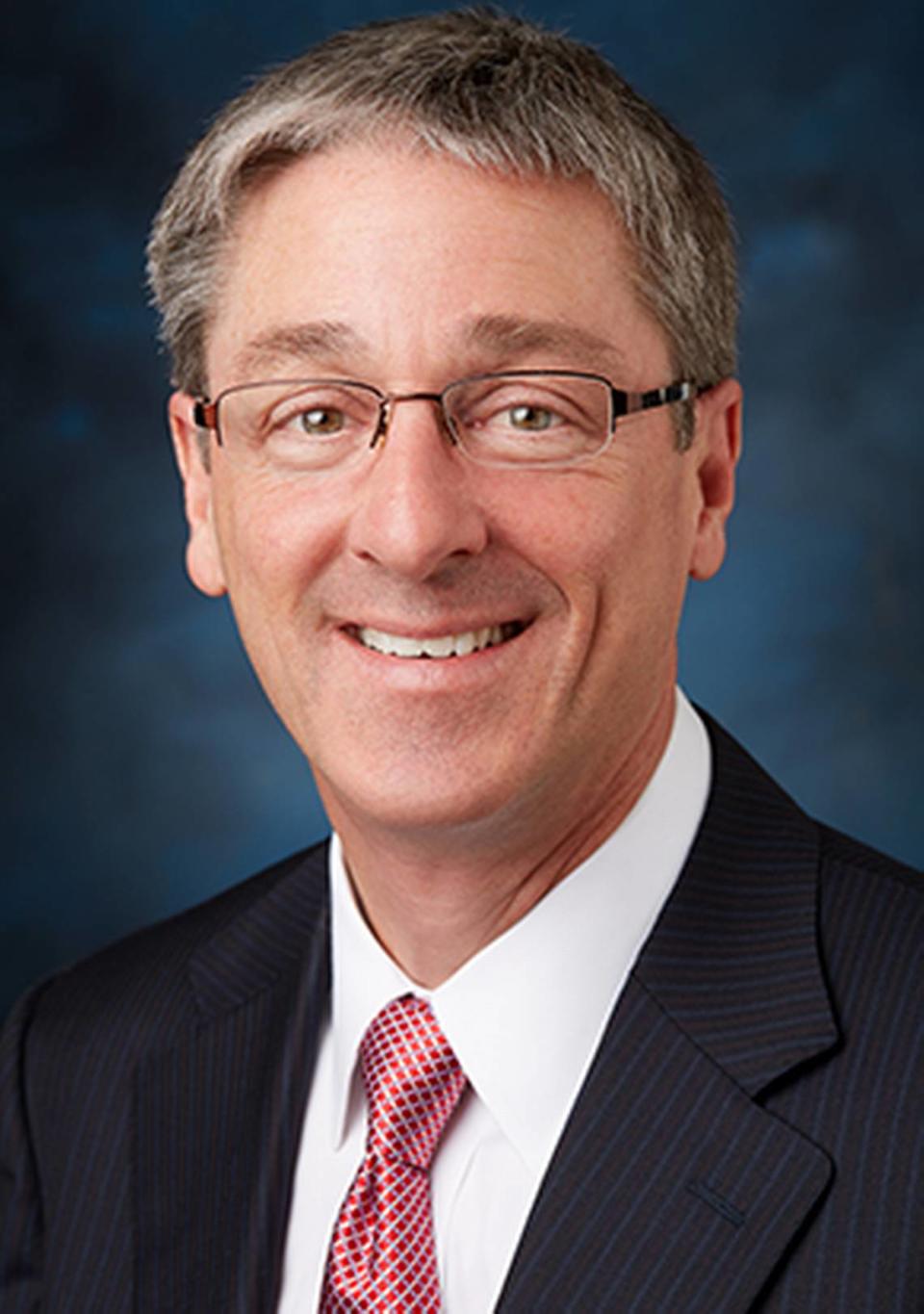I’m a university president. Here’s what Florida’s Gov. DeSantis doesn’t get about college students | Opinion
Florida Gov. Ron DeSantis has offered a consistent rationale for his attacks on higher education: Colleges and universities should not teach concepts like critical race theory or intersectionality, he says, because doing so pushes a political agenda and “impose[s] ideological conformity” onto impressionable young minds.
Has DeSantis met the college students of the year 2023? If he has, he has somehow missed entirely their makeup and conviction. This generation of young people — Gen Z as they are commonly known, but whom I call the Solidarity Generation — requires no prodding by college professors to stand up for social justice or oppose systems of oppression.
One need only survey the global landscape of political activism to see this in action. Greta Thunberg and Malala Yousafzai were organizing and inspiring millions before they graduated from high school. Thousands of teens have taken to the streets after police and school shootings in America. Are we to believe that a 17-year-old who marched against gun violence would return to a childlike state of neutrality if they don’t learn about systemic racism at the University of Florida?
Today’s college students are hyper-interconnected. Accused of addiction to smartphones and social media, the members of Gen Z actually are using those devices and apps to transcend traditional boundaries, including borders, socioeconomic status and generations, as they build community.
In my recent talk at SXSW, I made a case for why “Solidarities” is the most appropriate moniker for this generation of students. They are emboldened by their care for one another, their proclivity for purpose and their human connectivity.
They’re fighting for change — and standing together. Laura Ingraham learned that the hard way: When the Fox News host insulted David Hogg in 2018, the Parkland gun-control activist rallied teens who stood with him to call for an advertiser boycott of her program. “When you come against any one of us, whether it be me or anybody else, you’re coming against all of us,” Hogg said. A third of Ingraham’s sponsors withdrew.
DeSantis’s effort to outlaw the teaching of certain concepts, like other uninformed attacks on the academy, rests on an archaic perception of how education works. In DeSantis’ world, the student is an empty vessel, waiting to be enlightened by teachers with knowledge and ideas. This antiquated concept makes sense to people like the governor because it rests on an authority figure doling out decisions.
In 2023, students come to us as people well into the process of learning, building and developing. Together with their teachers or professors, whom they view as coaches, even sometimes in opposition, they grow and find new methods of making sense of our world. By the time we encounter them, they’ve naturally become justice-conscious and equity-minded.
That’s why claims that colleges and universities are indoctrinating the younger generation are false. Surveys show support for Black Lives Matter is higher among those aged 13 to 17 than it is for any other age group. Before they even fill out college applications, America’s teens are progressive on race. Banning books like “How to be an Antiracist” in Florida isn’t going to reverse that tide.
If anything, Gen Z is indoctrinating us. College students are the ones pushing institutions to adopt transgender-friendly practices and to create safe spaces. They are keeping us accountable. College students seek commitment to diversity, equity and inclusion — as evidenced by the demands a group of Loyola Marymount University students laid at my doorstep in 2020. And their calls for environmental recentering are consistent, powerful and necessary.
Those concepts are naturally anathema to a governor whose goal is suppressing ideas he doesn’t like. But the Solidarities don’t stand for that, either. Across the country, teens are coming together to form “Banned Books Clubs” when their local school boards remove controversial texts from school libraries or curricula. Why wouldn’t Florida college students do the same, or more?
DeSantis knows his antics attract attention, especially since the state’s “Stop WOKE Act” was already blocked by a federal judge who called it “positively dystopian.” But we still have to engage with his dangerous rhetoric, as long as it goes unchallenged and recycled in some media and social echo chambers.
The reality: Macro issues like climate change, gun violence and racism are what bring the Solidarities together in activism, not the indoctrination of allegedly liberal universities. As much as. DeSantis wants to blame professionals who dedicate their lives to advancing knowledge, college students are already engaged in collective action over causes like racial justice. They seek to enact the most basic of Christian teachings and the most basic tenets of America’s founding documents.
Too bad that frightens closed-minded governors.
Loyola Marymount University President Timothy Law Snyder, Ph.D., has been an educator, mathematician, and academic administrator at Jesuit institutions for more than 30 years.


 Yahoo Sports
Yahoo Sports 